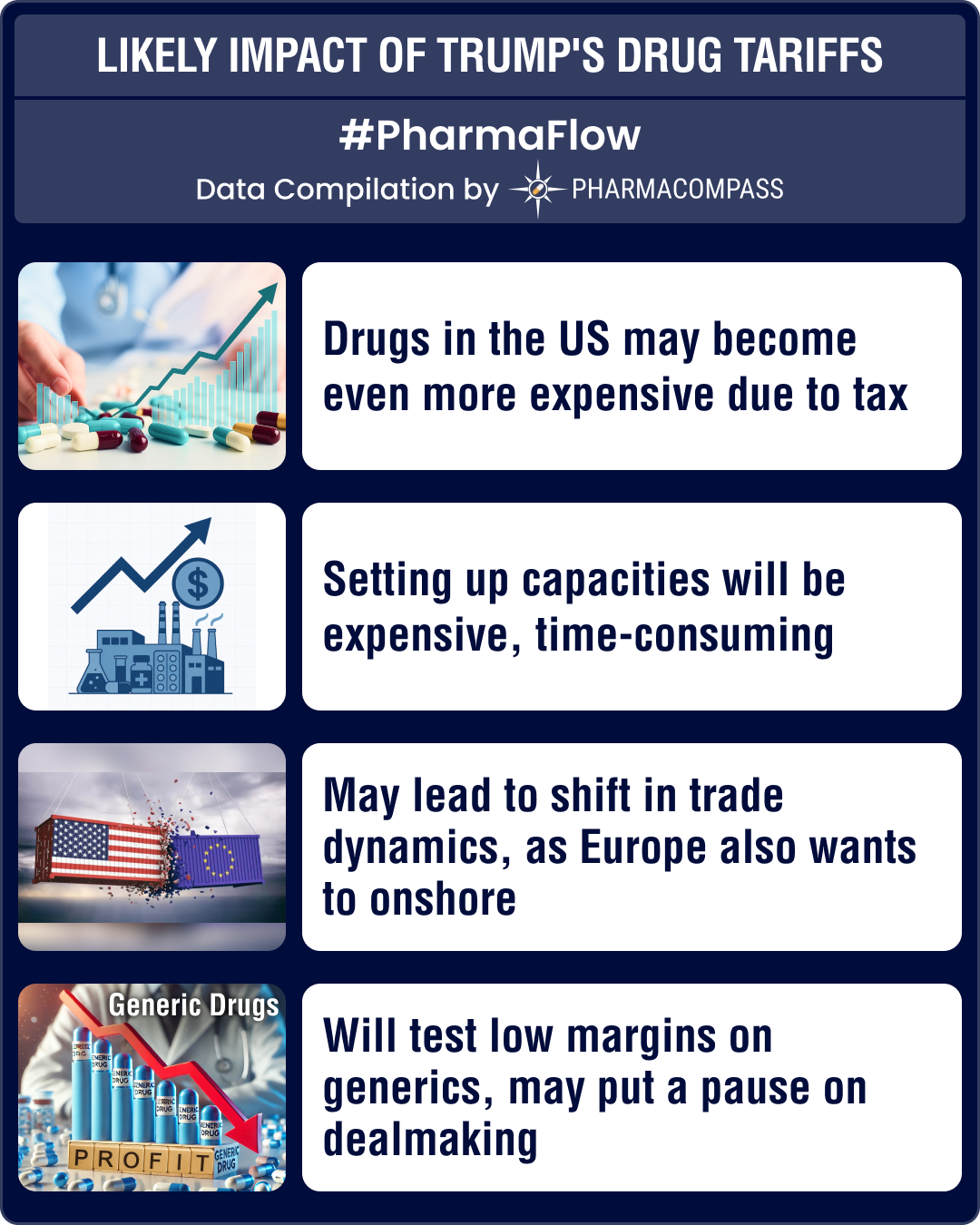
This week, Phispers has two news items that demonstrate Indian government’s keenness to improve drug quality and reduce bribing of doctors by drug companies. There is more news on Mylan’s EpiPen and Novo Nordisk’s combination drug for diabetes. Read on.
Indian government takes steps to improve drug quality standards
The Indian government is firm on improving the quality standards in the pharmaceutical industry. As a first step, it is working on enhancing the skills of the workforce employed in the industry.
Through a notice issued last week by the Central Drugs Standards Control Organization (CDSCO) under the Ministry of Health and Family Welfare, the government has made it “imperative that all personnel employed in pharmaceutical manufacturing units undergo certification programs developed by the Life Science Skill Sector Development Council”.
With effect from January 1, 2018, no person shall be employed in any pharmaceutical manufacturing unit unless the person has obtained a formal diploma or degree in the relevant area, the notice said.
Meanwhile, the CDSCO is planning to recruit 500 drug inspectors in the coming year in order to double its manpower by the end of 2017. The organization has already recruited 147 drug inspectors, who will enhance inspections of manufacturing units in line with current Good Manufacturing Practices (cGMP)
In EpiPen aftermath, Allergan CEO promises to limit price hikes
In the wake of Mylan’s EpiPen fiasco, Allergan’s CEO Brent Saunders has committed to rebuilding its “social contract” with patients by promising to avoid price gouging and limiting price hikes on brand-name medicines.
In a blog posted on the company website this week, Saunders said Allergan would not raise prices more than once a year. And that any price hike will be limited to single-digit percentage increases.
Saunders also said the company will avoid “major” price hikes without any corresponding increases in costs as products near patent-expiration.
Condemning price gouging, Saunders said: “Recently, the actions of these outliers have shifted attention away from the increasingly vibrant medical innovation ecosystem focused on finding new medicines, improving outcomes for patients and, by doing so, lowering the overall cost of disease.”
Mylan now under antitrust investigation over marketing of EpiPens to schools
It seems more trouble awaits Mylan Pharmaceuticals over the EpiPen price increase. Mylan is now being investigated by the New York attorney general for potential antitrust violations involving the marketing of these allergy auto-injectors to schools.
The attorney general’s office began looking into this matter last week and has issued subpoenas to Mylan for information about its policy of offering discounted EpiPens to schools on the condition that these schools would not purchase competitive products.
Since 2004, the price of EpiPens has been increased by 450 percent, after adjusting for inflation. A two-pack now sells for more than US $ 600. Mylan has announced several steps to reduce the cost of EpiPen, including introducing a generic version. But it continues to face political flak.
According to an analyst at Sanford C. Bernstein & Co, Mylan’s financial incentive plans are to be blamed for its EpiPen price hike. In 2014, Mylan announced it would reward some 100 employees and executives for not only hitting, but exceeding aggressive profit targets. The company’s top five executives could earn as much as US $ 82 million through the price increases.
According to another news report, Mylan has increased its branded ad spending on the EpiPen by 357 percent over five years. During the same time, it hiked the price of EpiPen by 179 percent.
FDA puts off decision on Novo’s combination diabetes drug
The competition between Sanofi and Novo Nordisk over FDA approval for their combination diabetes drugs is getting interesting. Two weeks after the FDA put off approval of Sanofi’s insulin-plus-GLP-1 combo, the FDA has put off a decision on Novo Nordisk’s combination drug too.
The FDA will now review Novo’s drug in December. The drug – which is a marriage of Tresiba and Victoza – has already been approved in the EU as Xultophy. Sanofi’s LixiLan is a combination of Lixisenatide and Lantus.
Both Xultophy and LixiLan have prospects of becoming blockbuster drugs, with a US $ 6 billion market potential between them. Both companies are counting on these drugs to increase sales, since their diabetes products are being subject to increased competition and pricing pressure. However, a decision on Sanofi’s combination drug is expected to be taken before Novo’s Xultophy.
This news has come at nearly the same time as news about its long-time CEO, Rebien Sorensen, stepping down. From January, Sorensen will be succeeded by Lars Fruergaard Jorgensen, currently executive vice president and head of corporate development.
India plans penal provisions to deter drug companies from bribing doctors
The Indian government plans to deter pharmaceutical companies from bribing doctors with freebies by replacing the voluntary code, brought into place in January 2015, with a strong mandatory code that has penal provisions.
The voluntary code was to expire in June 2015. But it has been given four extensions, even though it wasn’t deterring drug companies from giving freebies to doctors.
According to a report published in The Economic Times, the chemicals and fertilizers ministry is reworking on the toothless voluntary code to come out with a mandatory one, with penal provisions. The ministry has sought legal opinion on the new code, which will be applicable to both pharmaceutical and medical devices companies.
Gilead urged to drop legal action against generic Sovaldi in Ukraine
In June, Gilead Sciences had filed a claim against a Ukrainian drug wholesaler, the Ukrainian Drug Regulation Authority, and the Ministry of Health, alleging several of its patents prevent generic drug makers from marketing a version of its Hepatitis C drug – Sovaldi – for the next few years.
This week, International humanitarian-aid non-governmental organization – Doctors Without Borders – has urged Gilead Sciences to drop the case that prevents Pharco Pharmaceuticals – a generic drug maker – from selling a copycat version of Gilead’s Sovaldi in Ukraine.
If Gilead wins the case, generic versions of Sovaldi will not be available in Ukraine. According to the World Health Organization, more than 1.3 million people are believed to be infected with Hepatitis C in Ukraine.
In a letter, dated September 5, the organization has urged Gilead to “reconsider its business strategy in high-burden, middle-income countries, especially Ukraine,” since its strategies “threaten sustainable access to Hepatitis C treatment in a number of countries” where the advocacy group treats patients. A hearing in this case is scheduled for September 12.
In March 2015, a US $ 10 version of Sovaldi was made available in Bangladesh by Incepta Pharmaceuticals. Sovaldi sells for US $1 ,000 a pill in the US.
FDA’s letters to Pan Drugs and Zhejiang Hisoar explain reasons behind import alerts
India’s Pan Drugs had two of its facilities placed on FDA’s import alert list last year. Recently, the FDA posted the warning letter issued to Pan Drugs on its website. The letter explains why the finished formulations unit failed an inspection.
For instance, Pan Drugs’ quality unit allowed the use of adulterated API ‘dated May 25–31, 2015’ which was manufactured at Pan Drugs’ Nandesari facility. The Nandesari facility was placed on FDA import alert on May 5, 2015, for egregious cGMP deviations. “Your firm used this API for the manufacture of drugs which were then shipped to the US market from October 7 to November 23, 2015,” the warning letter said.
Additionally, the quality unit of Pan Drugs approved certificates of analysis for several API as well as finished products, prior to conducting all quality control and release testing. The production manager “falsified the documents,” the warning letter said.
In the case of Hisoar, whose facility was also placed on import alert, FDA investigators discovered that the facility lacked basic laboratory controls to prevent changes to its electronically-stored data and paper records. “When you encountered suspect and out-of-specification (OOS) results, you retested samples until you obtained desirable results,” the warning letter said.
The PharmaCompass Newsletter – Sign Up, Stay Ahead
Feedback, help us to improve. Click here
Image Credit : Tailed by the Elise by Travis Isaacs is licensed under CC BY 2.0
“ The article is based on the information available in public and which the author believes to be true. The author is not disseminating any information, which the author believes or knows, is confidential or in conflict with the privacy of any person. The views expressed or information supplied through this article is mere opinion and observation of the author. The author does not intend to defame, insult or, cause loss or damage to anyone, in any manner, through this article.”






